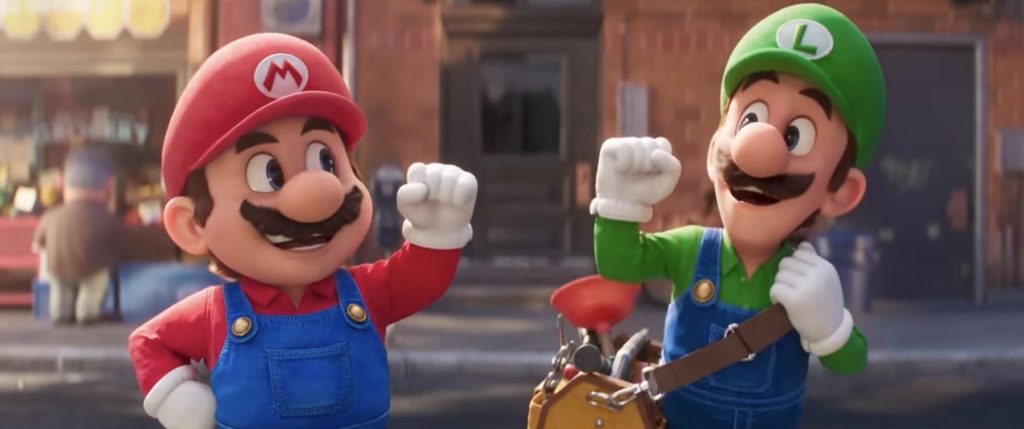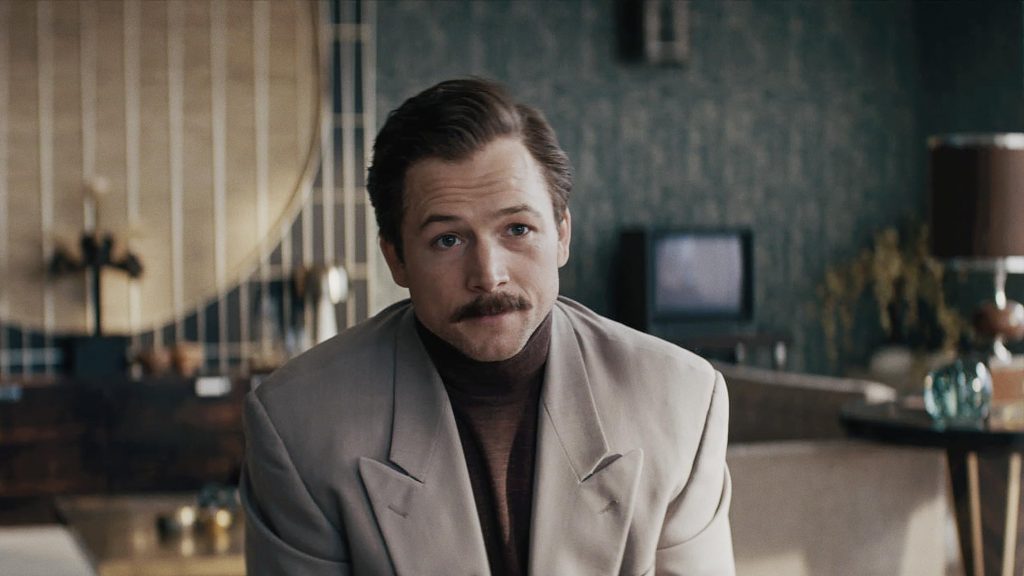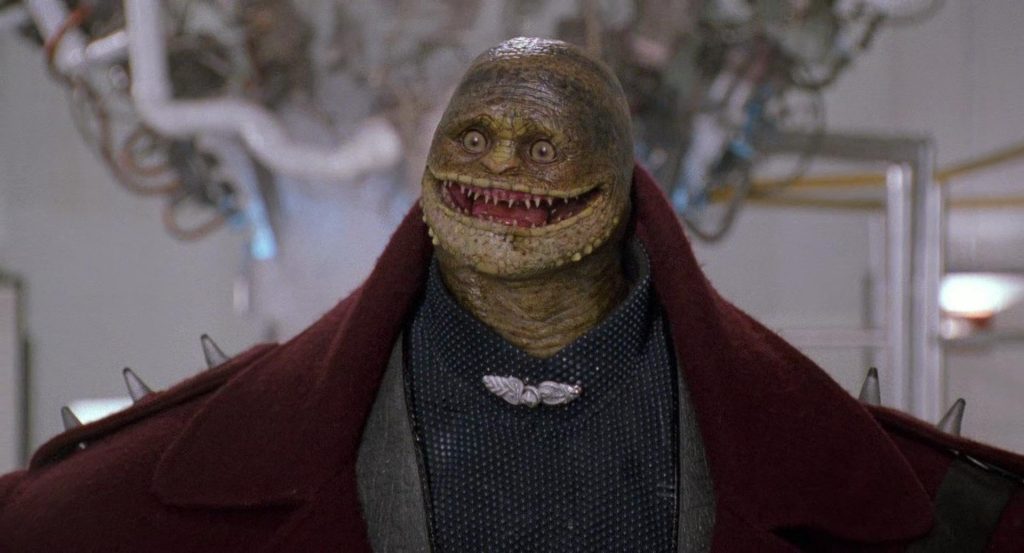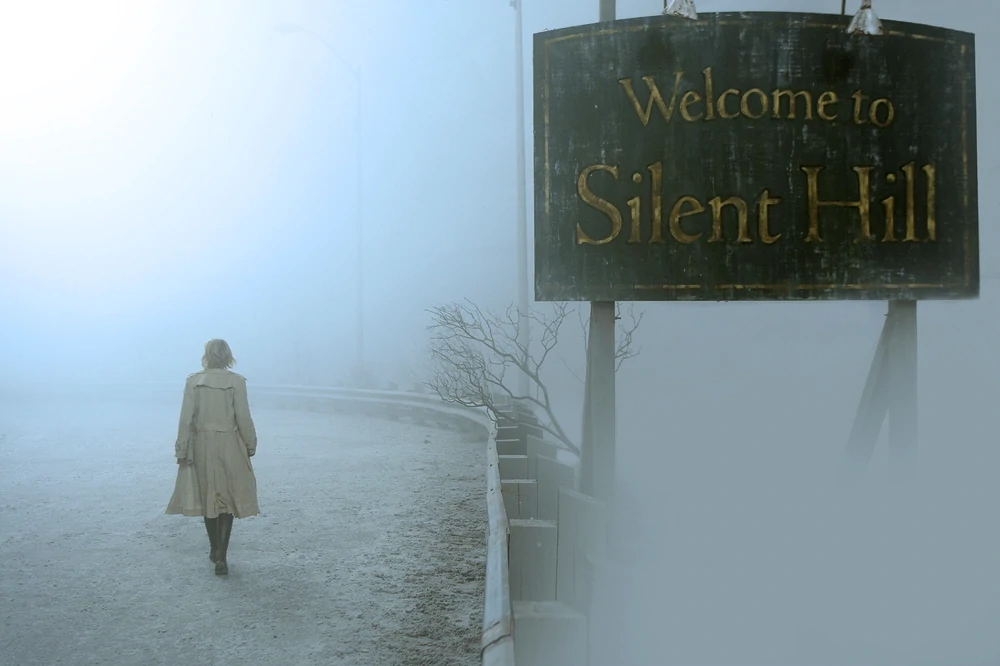Since their inception, movies based on video games have held a notorious reputation among both film critics and general audiences: they suck, and they suck hard. A simple glance at the Wikipedia article for films based on video games makes this abundantly clear—movies with a Rotten Tomatoes score above 50% are rare, and there are only four movies with scores over 75%. This consistent terribleness of video game movies led some to believe that making a good movie based on a video game was an impossible task, as if they were under some unbreakable curse. However, over the past few years, that curse seems to have weakened.
In April of this year, The Super Mario Bros. Movie hit theaters. While critics’ reviews were mixed overall, it garnered very positive feedback from general audiences. This reflects a trend that has been emerging recently: video game movies are getting better. The trend began with 2019’s Pokémon: Detective Pikachu, which was lauded upon release as “the best video game movie ever.” This was followed by Sonic the Hedgehog in 2020 and its 2022 sequel, both of which were also received moderately well. These movies have proven that creating a good film based on a video game is indeed possible. Now, a simple question remains: how do you make a video game movie that doesn’t suck?

The Super Mario Bros. Movie (2023), IMDb.com. https://go.iu.edu/4QCw
1. Choose a Property Wisely
Before you adapt anything into a film, it is pivotal to remember that film has limitations, and those limitations may make certain properties more suitable for the medium than others. As a result, you can sometimes predict the quality of a video game movie solely based on the game chosen for adaptation. For example, imagine if you heard that a live-action, sci-fi movie adaptation of Tetris was in development. Common sense dictates that this is an incredibly foolish idea; Tetris is far too abstract and simplistic to translate into a feature-length film. Well, guess what: not only was there indeed a sci-fi Tetris movie in development at one point, but it was also planned to be an entire trilogy. Fortunately, this trilogy appears to have been scrapped, and we instead got Tetris (2023), which dramatizes Henk Rogers’ legal battle to obtain the rights to Tetris rather than trying to adapt the game itself. This is a far better concept for a film than whatever disaster the sci-fi trilogy would have been. As Tetris (2023) shows, sometimes the best way to adapt a video game to film is to avoid adapting the game itself and, instead, try something different with the same property.

Tetris (2023), IMDb.com. https://go.iu.edu/4QCZ
2. Respect the Source Material
It’s no secret that Hollywood loves to take creative liberties when adapting existing media into movies. Video game movies are no exception to this rule; film is a different medium from video games, and thus requires certain creative liberties to bridge the gap. However, when it comes to video game movies, these creative liberties are often taken so recklessly that they amount to blatant disregard for the source material. The most notorious and egregious example of this disrespect is the original Super Mario Bros. movie from 1993, which so profoundly misunderstood virtually everything about Mario that Nintendo refused to allow any more movies based on its properties for nearly 30 years. A good rule of thumb for any adaptation is that you should not adapt a property to a new medium without having a deep respect for the original property, because if you disregard too much of the source material, it may end up like Super Mario Bros. (1993). Don’t be like Super Mario Bros. (1993).

This is supposed to be a Goomba. Genuinely what were they thinking when they made this movie.
Super Mario Bros. (1993), IMDb.com. https://go.iu.edu/4QD3
3. Above All, Focus on Crafting a Good Movie
Even if you select a game that’s ripe for a film adaptation and try to remain faithful to it, you won’t automatically have a good movie on your hands. For instance, Silent Hill is a beloved horror franchise that should be a perfect fit for the big screen. However, its 2006 movie adaptation faced critical backlash despite staying quite true to the original game. This is because many of the problems plaguing video game movies (such as Silent Hill) aren’t exclusive to this genre; they are problems exclusive to bad movies. Issues like subpar acting, lackluster scripts, inconsistent pacing, and unremarkable action sequences have haunted video game movies for decades, but these are primarily caused by poor directing and production decisions. As such, the key to making a video game movie that doesn’t suck is to focus on crafting a good movie.

Silent Hill (2006), SilentHill.Fandom.com. https://go.iu.edu/4QHZ
Bryce Cain is a junior at IU studying Interactive & Digital Media as well as Theatre & Drama. He has worked for Media Services since the fall semester of 2022. His interests include theatre, video games, and graphic design.
Leave a Reply